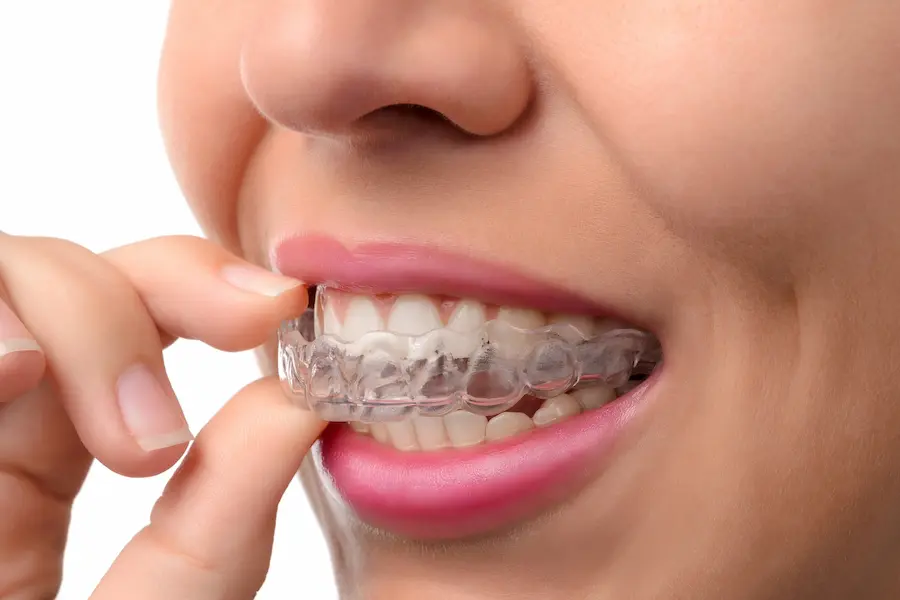The corrective process for a bad bite can take several years to complete. It will require braces that pull back the teeth and realign the bite. A patient will need to have braces for anywhere from six months to two years and retainers to keep the teeth in place.
Overbite
A modern technology allows you to correct an overbite problem without braces or surgery in as little as eight days. This non-surgical procedure will allow you to retain your natural teeth and will provide outstanding aesthetic and anti-aging benefits. A dentist can help you determine the best solution based on your unique circumstances.
Overbite is a common dental problem that is caused by the uneven alignment of the upper and lower jaw. This condition can make it uncomfortable for a person to close their lips, increase their risk of traumatic dental injuries, and affect their self-confidence. Fortunately, a variety of non-surgical and surgical procedures can help correct an overbite.
Orthodontists specialize in treating overbites. They are more experienced than general dentists and will know the most effective treatments for the condition. In addition to using modern technology and techniques, these practitioners will be able to provide the best treatment for your specific problem.
Invisalign
There are several options for adult patients looking to correct their bite. Among them are braces and aligners. The former involve putting wires and brackets onto the teeth, while the latter require the patient to wear plastic or metal retainers for the majority of the day. Both methods will eventually align the teeth and may improve a crossbite, although the latter will not prevent teeth from shifting later in life.
Another option to correct a bite without braces is Invisalign, a non-invasive alternative to braces. Invisalign works by shifting the teeth slowly through a series of aligners that look and feel like retainers. They are worn for approximately 22 hours a day and are replaced every two weeks. While this option isn’t right for everyone, it is an excellent option for mild to moderate overbites.
An open bite can cause problems with speech and swallowing. In addition to wearing down the front teeth, it can also damage the gum tissues and create a “gummy” smile. If you have an open bite, you should consult a dentist to determine which treatment options are best for you.
Surgery
In some cases, it may be possible to correct an overbite without braces or other orthodontic treatments. With a surgical procedure, the jawbone is moved, reshaping the chin and aligning teeth. This type of procedure is usually reserved for patients who have tried less invasive methods without success. The surgery takes place inside the mouth, and there are usually no visible scars.
After the procedure, patients typically stay in the hospital for one to four days. Some pain medication will be prescribed to help alleviate the discomfort. They may also experience swelling and stiffness, but these side effects are usually short-lived. In addition, some patients may experience numbness in the lip after the surgery, which is typically temporary.
If orthodontics cannot correct the underlying skeletal problem, a surgical solution is necessary. Corrective jaw surgery, otherwise known as orthognathic surgery, can be used to fix a wide range of skeletal issues. In addition to correcting a patient’s bite, it can also improve a person’s appearance.

